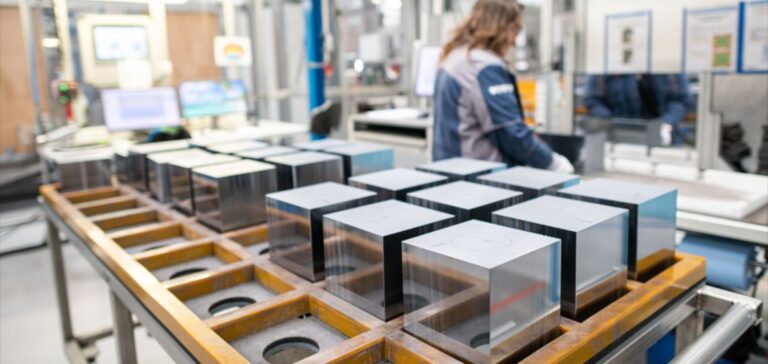EDF Renewables has finalized the permanent closure of its subsidiary Photowatt, based in Bourgoin-Jallieu in Isère. This outcome was anticipated after years of accumulating losses and unsuccessful attempts to revive its operations. With an annual deficit ranging between €20 million and €30 million, the company was unable to achieve financial stability in a market dominated by Asian competitors.
A strategic decision in the face of chronic losses
The closure of Photowatt stems from a hard reality: attempts to attract a buyer capable of sustaining the business failed. The last hope, a project backed by the French company Carbon, was abandoned in late 2024 after receiving a negative opinion from the Works Council (CSE). Unions, skeptical about the viability of the proposed plan, expressed doubts about its credibility and its ability to address industrial challenges.
EDF Renewables has stated it will now focus on finding a buyer for the site but not the activity itself, limiting the chances of reviving photovoltaic production in France.
A sector under pressure
This closure highlights the ongoing challenges facing the European photovoltaic industry, which is under intense pressure from Chinese manufacturers. These competitors dominate the market due to lower production costs supported by aggressive state-driven industrial strategies. For Photowatt, once a symbol of French ambition in solar energy, the race is now over.
EDF Renewables’ strategy, which included the acquisition of Photowatt in 2012 to avoid immediate liquidation, has shown its limitations. The decision also reflects EDF’s shift toward segments considered more competitive and aligned with its strategic priorities.
Impact on the industrial and social fabric
For the 162 employees affected, the closure is both anticipated and painful. The unions responded by calling for a “dignified and respectful” approach to managing the workforce, emphasizing the need for tailored support measures. A meeting with the Works Council scheduled for early February will outline the terms of a social plan expected to unfold over several months.
In a broader context, this decision raises a critical question: what role does the European photovoltaic industry have amid international competition? With the disappearance of Photowatt, France relinquishes a part of its energy sovereignty, further increasing its dependence on imports.
Lessons for the future
The closure of Photowatt goes beyond the industrial domain. It underscores the need for a coherent strategy to support national energy industries. EDF’s management of this crisis will be closely scrutinized by economic and political stakeholders, as the European solar sector seeks to bolster its competitiveness against global giants.






















